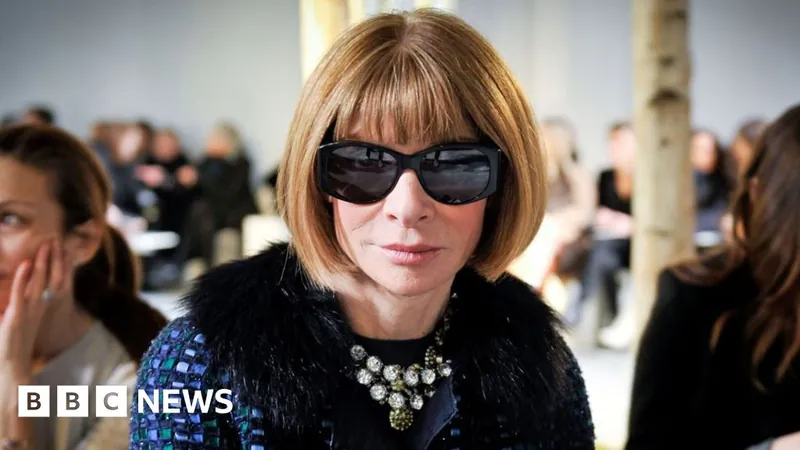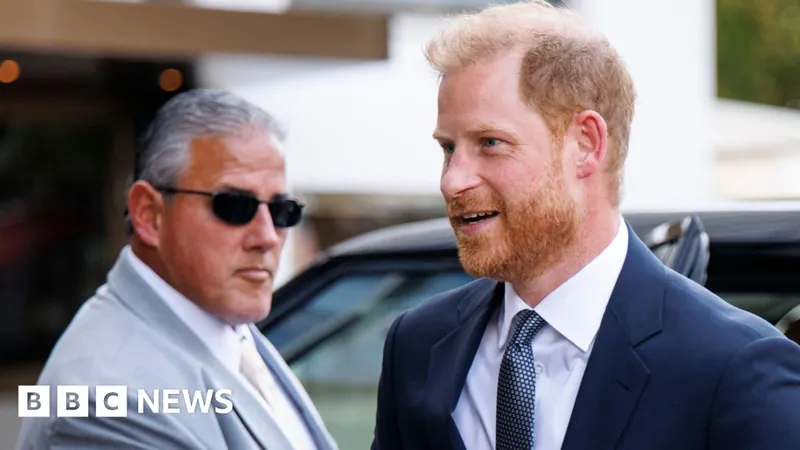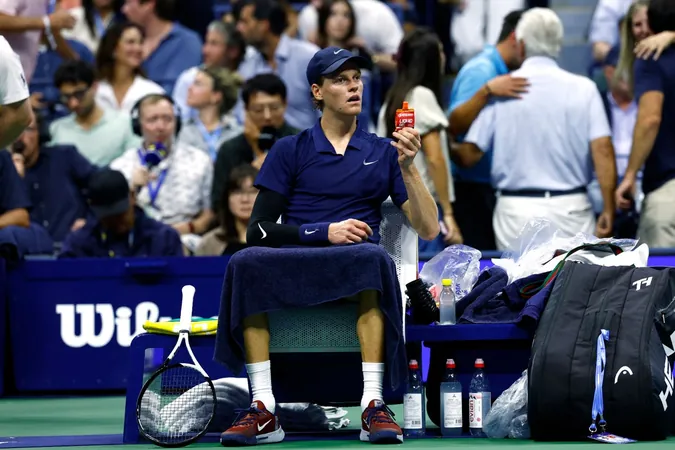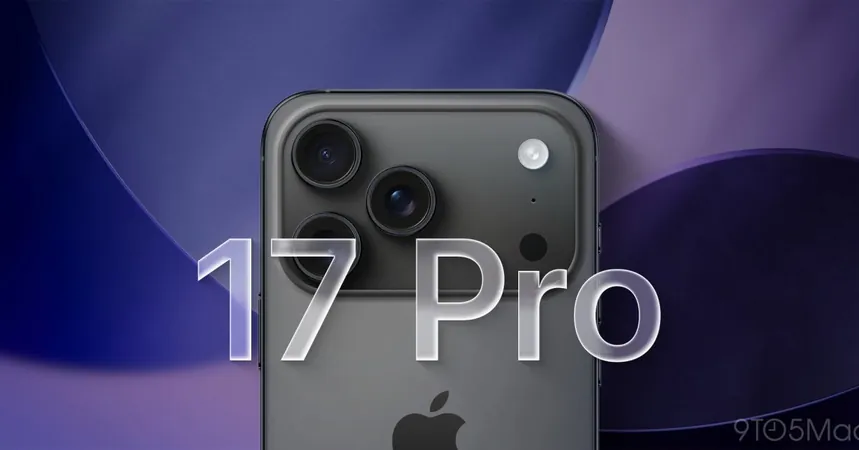
Anna Wintour: The End of an Era for Vogue – Can It Thrive Without Her?
2025-09-06
Author: Chun
In May 1989, Anna Wintour made headlines by featuring a pop star on the cover of US Vogue—an audacious move that redefined the magazine's image. Just a year into her editorship, she chose Madonna, marking a shift from traditional fashion norms to a more contemporary vibe.
Wintour's bold choices, like featuring models in jeans and pop culture icons, showcased her innate grasp of the cultural landscape, making Vogue accessible to a broader audience beyond high-fashion elites. According to Amy Odell, author of "Anna: The Biography", Wintour’s vision transformed Vogue into a reflection of modern society.
Fast forward nearly four decades, Wintour is stepping down as editor-in-chief but will remain as global editorial director. Her successor, Chloe Malle, is set to lead editorial content, igniting discussions about whether Vogue can maintain its relevance without its iconic figure.
While Wintour's enduring influence hints at a lack of total control relinquishment, there are concerns that her departure could leave Vogue—considered by some as a relic—struggling for clout in a fast-evolving media landscape.
Fashion magazines once reigned supreme, defining taste with authority. Yet today's environment, dominated by platforms like TikTok and Instagram, has fragmented cultural influence. Anja Aronowsky Cronberg, editor of Vestoj, notes that no single magazine holds the sway Vogue once did.
Malle aims to reinvigorate the publication by releasing themed issues less frequently, presenting Vogue as a collectible artifact rather than a monthly staple. Under Wintour, Vogue expanded its cover stars to include an eclectic range of personalities—royalty, politicians, and influencers—highlighting her skill at blending fashion with entertainment.
Controversially, Wintour’s choices, such as featuring Kim Kardashian and Kanye West, sparked debates about the magazine’s direction, raising questions about authenticity versus commercial interest.
Critics scrutinized Malle’s organizational decisions, particularly the coverage of Lauren Sanchez, Jeff Bezos’s wife, suggesting a shift from style to the celebration of wealth. Such critiques reflect a bigger concern about Vogue’s identity in a more corporate world.
Despite challenges, the magazine’s storied history offers resilience. Lauren Sherman, fashion journalist at BBC, claims that Vogue’s brand is one of the strongest in the industry. Much of this prestige is tied to Wintour, who remains a cultural phenomenon, even being portrayed by Meryl Streep in "The Devil Wears Prada."
As Wintour steps back, the question remains: Can Vogue endure the new era without her? Observers are eager to see if Malle can navigate this transition and leverage the magazine's legacy to influence today’s culture effectively.



 Brasil (PT)
Brasil (PT)
 Canada (EN)
Canada (EN)
 Chile (ES)
Chile (ES)
 Česko (CS)
Česko (CS)
 대한민국 (KO)
대한민국 (KO)
 España (ES)
España (ES)
 France (FR)
France (FR)
 Hong Kong (EN)
Hong Kong (EN)
 Italia (IT)
Italia (IT)
 日本 (JA)
日本 (JA)
 Magyarország (HU)
Magyarország (HU)
 Norge (NO)
Norge (NO)
 Polska (PL)
Polska (PL)
 Schweiz (DE)
Schweiz (DE)
 Singapore (EN)
Singapore (EN)
 Sverige (SV)
Sverige (SV)
 Suomi (FI)
Suomi (FI)
 Türkiye (TR)
Türkiye (TR)
 الإمارات العربية المتحدة (AR)
الإمارات العربية المتحدة (AR)